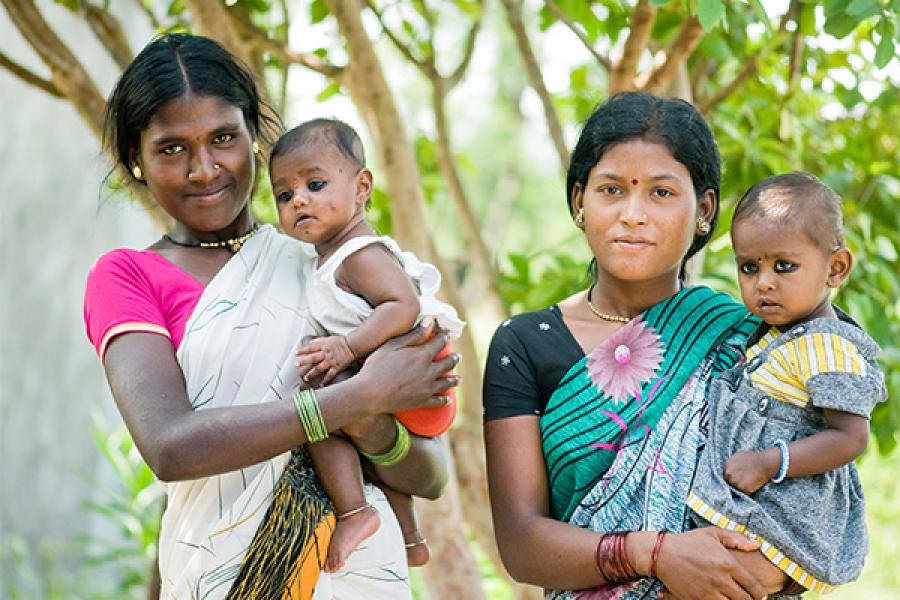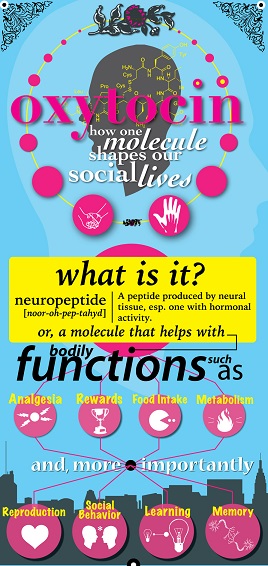Oxytocin Ban – Issues and Impacts

This topic of “Oxytocin Ban – Issues and Impacts” is important from the perspective of the UPSC IAS Examination, which falls under General Studies Portion.
Why in news?
- Recently, the Union Ministry of Health and Family Welfare has banned the manufacture and sale of Oxytocin drug formulations for domestic use in the private sector in order to prevent its misuse. Its imports are also banned.
- Retail or wholesale chemists are banned to stock this drug in any form or name in their shops.
- Only Karnataka Antibiotics and Pharmaceuticals Ltd (KAPL), a public sector company, allowed to produce oxytocin. It can only supply oxytocin to the registered public and private sector hospitals.
What is Oxytocin?
- Oxytocin is also known as the love or cuddle or snuggle hormone as it is released naturally during human bonding activities such as childbirth, breastfeeding, and sex.
- Oxytocin is made in the hypothalamus region of the brain and is transported to and secreted by, the pituitary gland, which is located at the base of the brain.
- It acts both as a hormone and as a brain neurotransmitter.
What are the uses of oxytocin?
- Oxytocin is a uterine stimulant hormone, hence oxytocic drugs are prescribed for uterine contractions, induction of labour and also stimulation of contractions during labour in women.
- It is used to control postpartum bleeding (bleeding after childbirth).
- It can be used to help abort the fetus in cases of incomplete abortion or miscarriage.
- It helps mothers lactate after childbirth.
- Due to these applications, oxytocin has largely been in use during delivery to prevent maternal mortality.
- Oxytocin nasal sprays are commonly used in medical studies of psychiatric effects.
Why the ban?
- Oxytocin has been misused widely in the dairy industry, agriculture, and horticulture.
- Dairy farmers injecting the drug indiscriminately into milch animals such as cows to make them release milk at a time convenient to farmers and at high quantity, thus shortening their lives and also became sterile earlier.
- Oxytocin has also been connected to mastitis, a painful inflammation of the udder (mammary gland) of cows.
- Another concern is the exposure of milk consumers to oxytocin drug through dairy products.
- It is also used to increase the size of vegetables and fruits such as watermelons, brinjals, pumpkins, gourds, and cucumbers.
- Oxytocin has been injected among trafficked girls in order to accelerate their puberty prematurely. (Also read the Anti-trafficking bill issue)
- In overcrowded government hospitals, it is being misused to speed up deliveries for pregnant women.
- The drug has been illegally imported from China also raises concern. It is subsequently sold in India in a crude plastic bottle by unregistered companies.
- Even on the organized scale, only one company imports the raw material and made into a finished drug and sold by both licensed and unlicensed companies.
What are the impacts of the ban?
- Nearly 45,000 Indian women die due to causes related to childbirth each year. Oxytocin is a life saver for these women. The ban would cause a shortage of drugs, thus causing problems in maternal health.
- KAPL has never made this drug before, but it has been given the monopoly to produce the drug and the price of the drug would spike. Monopolizing would remove the low price variants of the drug in the market.
- The ill-effects of oxytocin has not been validated by the science yet. Even if the ill-effects of oxytocin are real, a ban is not the right solution.
Also read: National Health Protection Scheme – All that you need to know
What is the way forward?
- The government should reconsider the ban on private production in order to induce competition and help improve domestic supply of the drug.
- Its abuse needs to be curbed by means of restricting its sale for both human and veterinary purposes.
- Multiple layers of documentation as with narcotic and psychotropic drugs or antibiotics could be adopted.
- There is a need for massive surveillance and raids on illegal importers and unlicensed producers rather than a blanket ban.
Recent developments
- Drug Technical Advisory Board (DTAB) has recommended to the Union Ministry of Health and Family Welfare that the ban on the retail sale of the life-saving drug, oxytocin, may be lifted.
- But DTAB hasn’t talked about the Ministry’s decision that only a single PSU( KAPL) could manufacture and supply the drug across the country.


